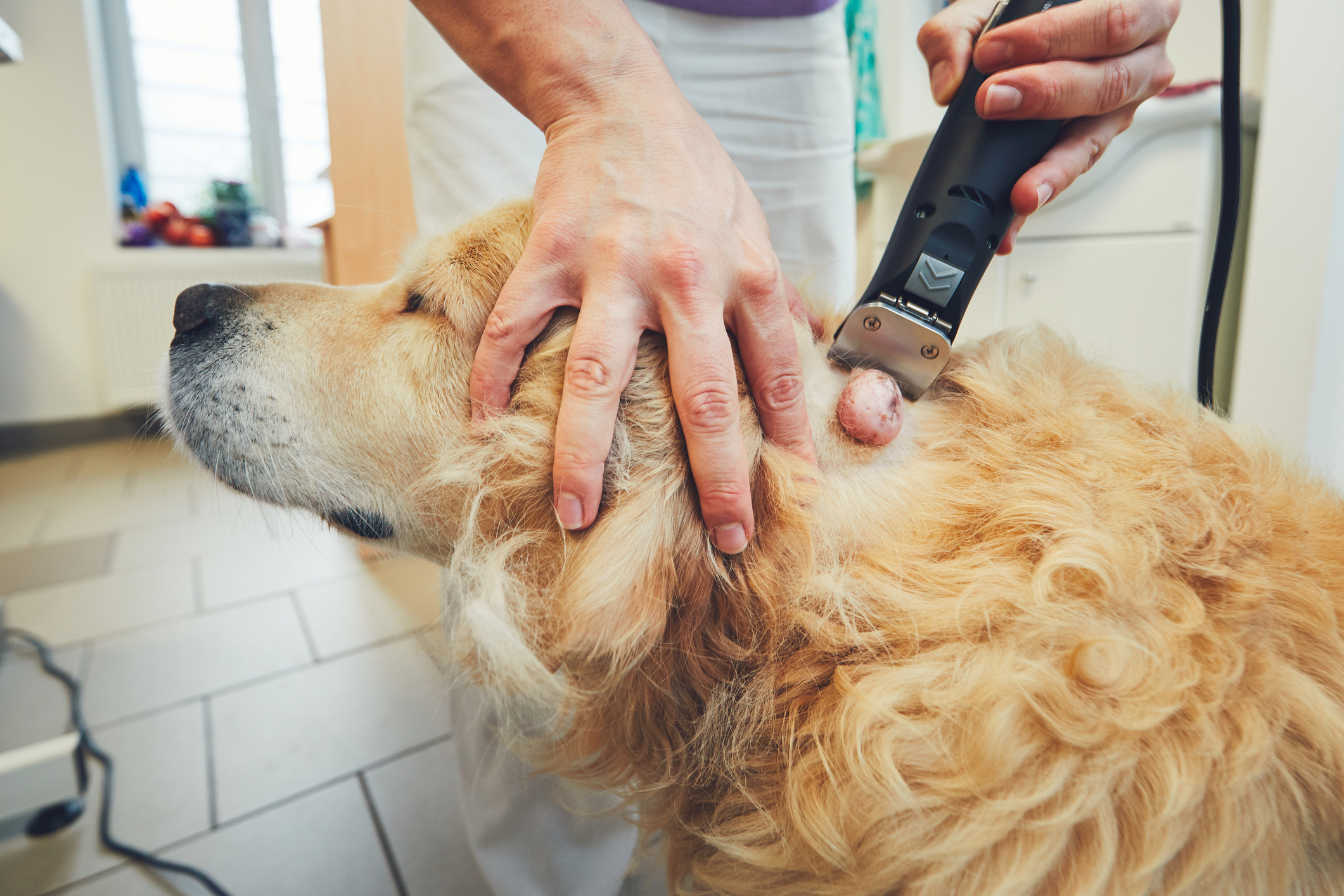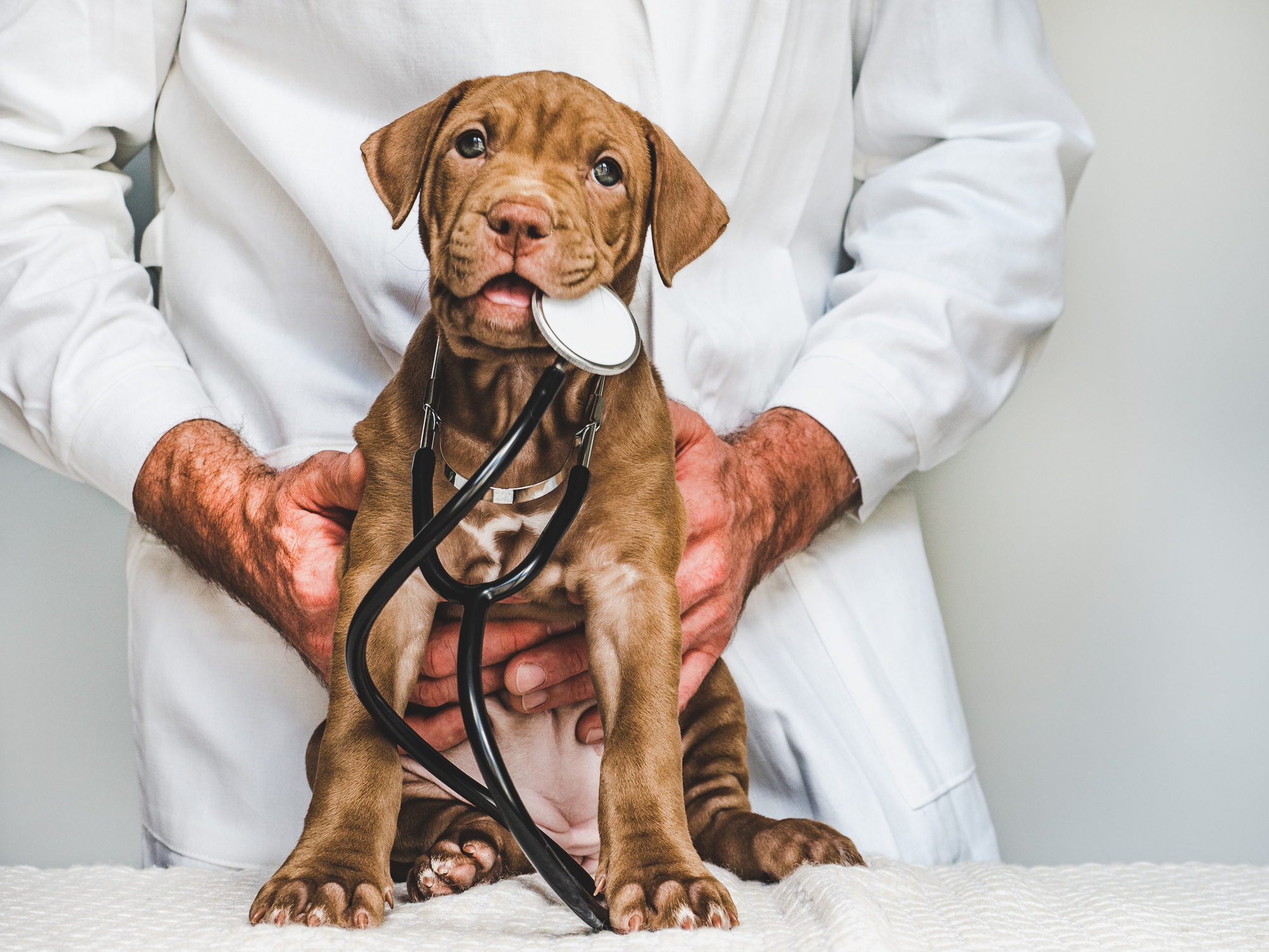
May is Pet Cancer Awareness Month
There are few things sadder for our pets than a diagnosis of cancer. Our pets are susceptible to many of the same forms of cancer as we are as humans, and 12 million cats and dogs are diagnosed with a form of cancer every year. Unfortunately, many of these diagnoses come as a complete surprise to pet owners who didn’t know about the dangers and signs of canine or feline cancer.
The month of May has been designated as Pet Cancer Awareness Month to help pet owners understand the risks, symptoms and treatments available for cat cancer and dog cancer. By staying informed of the potential for cancer in your pet, you may be able to get your pet the help they need in the future and maybe even save their life.
How much do you know?
How much do you really know about pet cancer? Unless you’re a veterinarian or have had a pet with cancer, you might not know enough to understand the risks and signs to watch for. This is why pet cancer education is so important—it helps pet parents become more vigilant in spotting cancer and helping their pet cope.
Although there’s a lot to cover, some of the most important information is what cancer is and what signs you should look for. At a basic level, cancer is the unchecked growth of abnormal, damaged cells within the body. This cell growth typically starts in a single tissue, but it has the capacity to multiply and spread to other parts of the body, interrupting your pet’s body’s normal functions.
Like humans, it’s not 100 percent understood what causes cancer in dogs and cats. However, certain factors like genetics, exposure to environmental toxins and obesity have been linked to higher cancer rates. Older pets, as well as certain breeds like German Shepherds, Rottweilers and Golden Retrievers, are also more susceptible to cancer.

Every type of cancer can cause slightly different symptoms, but there are some general signs that can help clue you in to your pet’s illness:
- Sudden weight loss
- Swollen lymph nodes
- Lumps on or under the skin
- Repeat vomiting and/or diarrhea
- Frequent cough
- Lethargy
- Loss of appetite
Because many of these symptoms are also present in other diseases, it’s important to contact your vet and have your pet examined for the most accurate diagnosis.
Sadly, pet cancer is frequently fatal—but not always immediately. Many pets find success through conventional and alternative treatments like chemotherapy, surgery, medicinal mushrooms and more. Through these treatments, vets aim to bring your pet to remission—meaning, the appearance of being cancer free. Unfortunately, some pets will relapse and eventually succumb to the disease. The hope in treatment is that you can prolong your pet’s life while keeping them comfortable and happy.
Pet cancer is not only devastating—it’s also extremely expensive. Without pet insurance, cancer treatments could cost the average family thousands of dollars for a single diagnosis, not including any prolonged treatments, supplements or relapses.
What can you do?
In light of Pet Cancer Awareness Month, you can do a few things to help protect not only your furry friends but also pets around the world!

- Stay informed: Learn more about pet cancer to broaden your understanding of the different conditions and how they can affect your pet. If you have questions, reach out to your vet or find resources that can give you more information. Then, share that information with your fellow pet parents so they can stay informed, as well.
- Give your pet a health check: When’s the last time your pet was examined by a veterinarian or even by you at home? If it’s been a while, give your pet an at-home exam and check for any abnormalities—lumps, bumps, infections or other symptoms of cancer. Doing this on a routine basis—especially for senior pets—can help you note changes quickly and get your pet seen by a vet for prompt treatment.
- Donate to the cause: Pet cancer research is ongoing, but funding for trials is sometimes limited. By donating to a local university or clinic that’s researching pet cancer and its treatments, you could contribute to the faster identification of a cure! The faster more effective treatments are identified, the faster more pets can be saved every year.
Every pet parent should be aware of pet cancer and its risks to pets. By educating yourself and other pet owners about the signs and dangers of cancer, you can take action against this dreadful disease and keep your pet safe.


